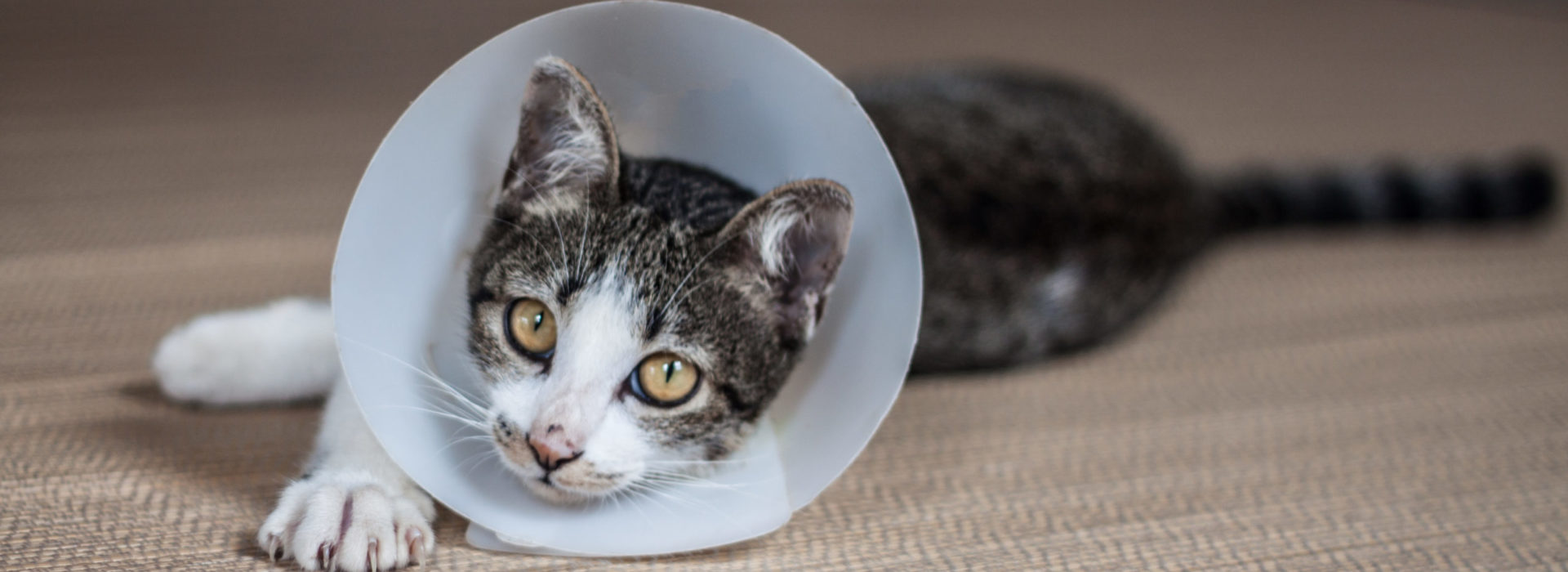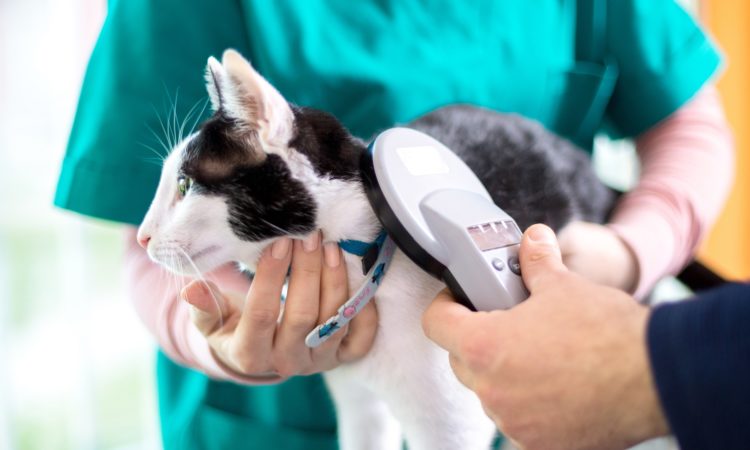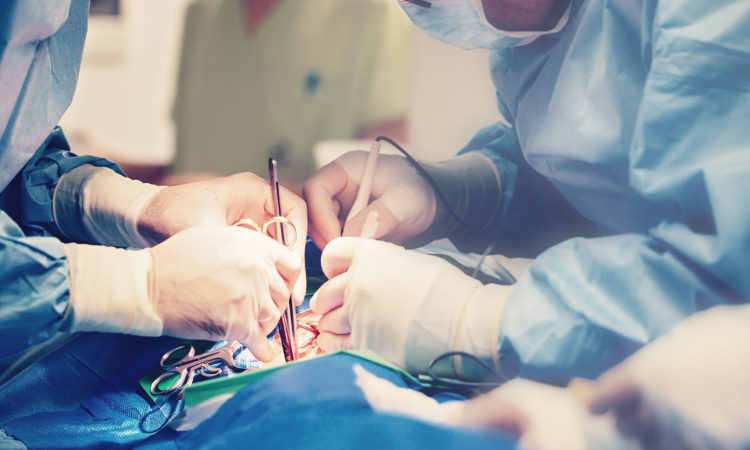Unfortunately, overpopulation is a global issue when it comes to dogs, cats and other pets. You may have heard that getting your pet spayed or neutered is a way to help ease the burden on overwhelmed animal rescue shelters. This is 100% true. Do you know that these procedures can also provide a wide range of health benefits for your pet? Spaying and neutering are a win-win situation for pets, owners and the greater community. To learn more, give us a call at 905-257-3700.
How will spaying and neutering benefit my pet?
The first benefit is that they will prevent unwanted pregnancies and overbreeding. Spayed pets have a significantly reduced chance of getting uterine infections, breast tumours, ovarian cancer and other issues. It will also prevent female pets from going into heat (or entering their mating cycle). This means that they will no longer roam, howl or spray to try to mate with other pets. Neutered pets are less aggressive and less likely to develop habits like biting or fighting. Male pets who are neutered are less likely to develop testicular cancer and other types of prostate problems. In general, pets who are spayed or neutered live longer and healthier lives.
Can my pet get other procedures done during their spay/neuter?
Yes. These procedures are usually done during a pet’s first year of life. It is not uncommon for teams to conduct microchipping and dental cleanings in conjunction with a patient’s spay or neuter surgery. Of course, we will conduct tests to make sure your pet is healthy enough to have multiple treatments done at the same time.
Are there risks associated with spaying and neutering?
Like all surgical procedures, there are risks involved. Please rest assured that these are routine procedures. Remember that the benefits outweigh the risks. We have a dedicated veterinary technician who will be focused solely on monitoring your pet’s vitals while the surgeon operates. We also conduct tests beforehand to make sure your pet is a good candidate for anesthesia. It is extremely rare for patients to experience bleeding or pain due to anesthesia.






